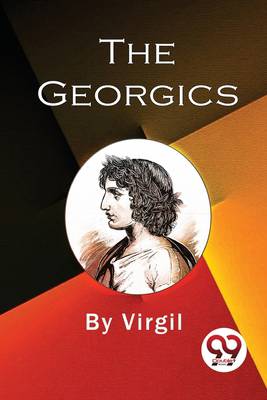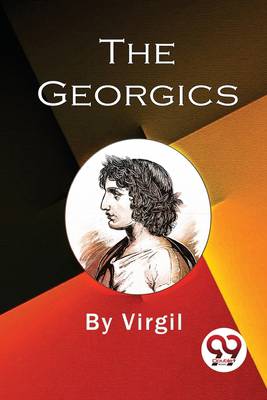
Wil je zeker zijn dat je cadeautjes op tijd onder de kerstboom liggen? Onze winkels ontvangen jou met open armen. Nu met extra openingsuren op zondag!
- Afhalen na 1 uur in een winkel met voorraad
- Gratis thuislevering in België vanaf € 30
- Ruim aanbod met 7 miljoen producten
Wil je zeker zijn dat je cadeautjes op tijd onder de kerstboom liggen? Onze winkels ontvangen jou met open armen. Nu met extra openingsuren op zondag!
- Afhalen na 1 uur in een winkel met voorraad
- Gratis thuislevering in België vanaf € 30
- Ruim aanbod met 7 miljoen producten
Zoeken
Omschrijving
A poem by the Latin author Virgil called The Georgics was probably released around 29 BCE. The poem's focus is agriculture, as implied by its title, but it is far from being a serene country poem; rather, it is a work marked by conflicts in both theme and aim. The Georgics, which came after Virgil's Eclogues and before the Aeneid, is regarded as his second significant work. The poem incorporates a number of earlier sources, and from antiquity to the present, it has impacted numerous authors. The yearly timings determined by the rising and setting of specific stars were accurate during Virgil's time because of precession, but they are not always accurate today. The ancient Greek poet Hesiod, whose poem Works and Days shares with the Georgics the themes of man's relationship to the land and the value of hard effort, serves as Virgil's model for writing a didactic poem in hexameters. The lost Georgics of the Hellenistic poet Nicander might perhaps have had a significant impact. Other Greek authors served as Virgil's inspiration and technical informational sources, including the Hellenistic poet Aratus for astronomy and meteorology.
Specificaties
Betrokkenen
- Auteur(s):
- Uitgeverij:
Inhoud
- Aantal bladzijden:
- 56
- Taal:
- Engels
Eigenschappen
- Productcode (EAN):
- 9789357273961
- Verschijningsdatum:
- 1/12/2022
- Uitvoering:
- Paperback
- Formaat:
- Trade paperback (VS)
- Afmetingen:
- 152 mm x 229 mm
- Gewicht:
- 95 g

Alleen bij Standaard Boekhandel
+ 24 punten op je klantenkaart van Standaard Boekhandel
Beoordelingen
We publiceren alleen reviews die voldoen aan de voorwaarden voor reviews. Bekijk onze voorwaarden voor reviews.











